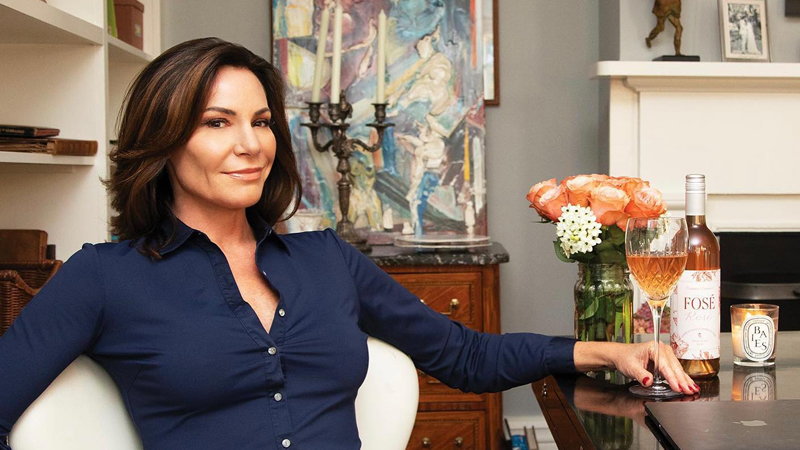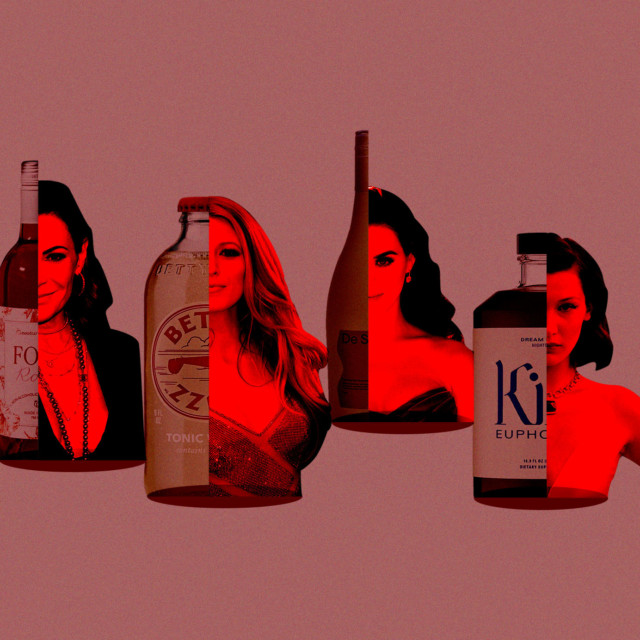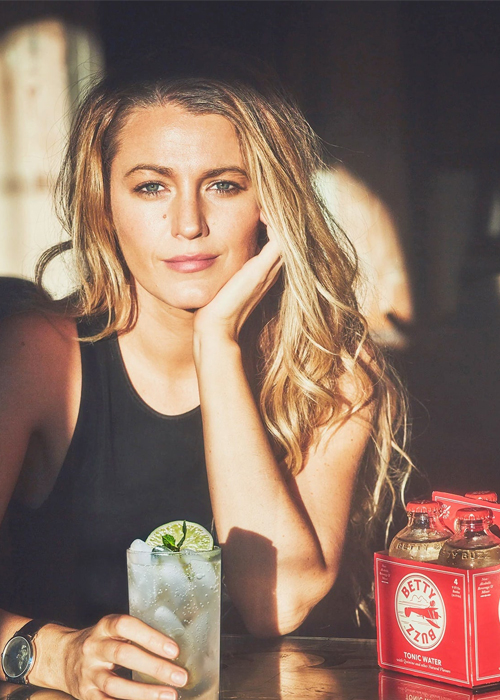Celebrities launching wine, spirit, and RTD brands is nothing new. George Clooney’s 2013 launch of Casamigos was a smash success, leading a hoard of famous American actors, singers, athletes, and models to try their own hands in the alcohol space. But, seeing the recent growth of brands born in the spotlight, there’s a new group of sober and sober-curious celebs dipping their toes into brand ownership — this time, in the non-alcoholic drinks space.
Big names like Katy Perry, Blake Lively, and Bella Hadid have become the faces of aesthetically pleasing, zero-proof sippers focused on health and wellness rather than intoxication. But is there a future for these buzzworthy brands without the buzz?
Chicer Sobriety
It’s no secret that celebrities set fashion trends, but many are proving their influence is just as powerful in the drinks space. Tequila experts credit the likes of Kendall Jenner, Dwayne Johnson, and Elon Musk for attracting new drinkers to the spirit with their marketing dollars and large social media followings, while vodka has stars like Sean “Diddy” Combs to thank for its early aughts success. It’s therefore not unheard of for a new flock of celebrities to get their fans on the N/A train.
But doing so may prove more difficult than promoting the hard stuff. While the general interest in no- and low-ABV drinks is growing, these beverages have long suffered from poor marketing and unattractive labeling that makes them stand out in a room full of well-designed alcoholic drinks.
Luann de Lesseps of “The Real Housewives of New York City” fame, who launched her non-alcoholic wine Fosé in December 2021, says the brand was formed “out of necessity.” The “Countess,” who is sober, was unimpressed by the N/A options on the market but wanted to take part in the festivities when friends and family would drink together. “I wanted something that was elevated, that was in a beautiful bottle, [and] that kind of took away the stigma of when you sit down at restaurants like, ‘I’ll have a Perrier,’” she says. “It’s like, ‘wah-wah, she doesn’t drink.’”
In response, de Lesseps released the faux rosé with the goal of creating a celebratory drink that’s low in sugar, tastes good, and minimizes any awkwardness that sober folks usually face in a room full of drinkers. “You pull out the Fosé, and you’re drinking like everybody else,” she says. “I wanted it to be so you feel included in the party.”

Blake Lively’s Betty Buzz, a line of flavored zero-proof sparkling beverages, was created around a similar concept. “This is a company I built based on living as a non-drinker for as long as I can remember,” she says. “So, I knew what I wanted not only for the flavor experience, but for the social one, which is a huge component that people don’t talk about as much.”
In the land of celebrities, feeling included in the party often entails an interest in health and wellness. Los Angeles is the seeming epicenter of health food trends, and, most recently, adaptogenic drinks are all the rage.
Kin Euphorics, an adaptogenic line of non-alcoholic beverages co-founded by Bella Hadid, is full of supposed mood-boosting ingredients like rosea root and birch bark extract. Katy Perry’s De Soi non-alcoholic aperitifs also tout health benefits with their “mind-mellowing adaptogens” and “better-for-you ingredients.” And on Lively’s Betty Buzz website, “clean ingredients” and low calorie contents are the main marketing points.
Perry, who launched her Las Vegas residency in December 2021, says that between work and motherhood, she can’t drink like she’s 25 anymore. “De Soi, with its adaptogenic herbs, allows me to have my cake — relaxing and stress-soothing properties — and eat it, too, a fun, spritzy drink with complex flavors that are perfect for cheers-ing,” the artist says.
The impetus behind all of these brands? Their celebrity founders are either sober or sober-curious, and value both wellness and socializing. Pair that with the trending popularity of the non-alcoholic category, and that’s some savvy business acumen.
A Rise in N/A Interest
In 2021, the market value for no- and low-ABV drinks grew by $2.2 billion globally. In the U.S., that market is forecast to grow by 28 percent in volume between now and 2025.
That’s not necessarily due to an increase in sobriety, though. “The largest category of no-/low-alcohol consumers in the U.S. are what we call a ‘substituter,’ or someone who typically drinks no- and low-alcohol on certain occasions, and full-strength alcohol beverages on others,” says Brandy Rand, chief strategy officer of IWSR Drinks Market Analysis. Of those substituters, 46 percent are Gen Z (between 21 and 24 years old) and 40 percent are millennials — generations whose purchase decisions are heavily impacted by social media and influencer culture, a place where celebrity endorsements fit in nicely.
Research suggests that in the U.S., only 23 percent of no- and low- drinkers avoid alcohol completely, meaning those who drink full-strength booze on some occasions are also purchasing N/A drinks for others. “You can have a glass of rosé, and you can have a glass of Fosé,” says de Lesseps. “This is not only for people that don’t drink.”
With messaging that appeals to drinkers and non-drinkers alike, it seems these brands are setting themselves up for success. But even with their star power, they still have to taste good. “I know that I have an unfair advantage of having a platform to share my work, but I also know that I can only sell one bottle that way,” Lively says. “The product itself has to be spectacular in order for people to come back to it.”
The Future of N/A Drinking
These celebrity-backed brands, many of which were launched during the ongoing pandemic, enjoy most of their success from direct-to-consumer (DTC) sales — those made online via Instagram ads or otherwise. But as Covid-19 restrictions continue to loosen and on-premise drinking rises once again, the DTC play may not allow N/A brands to enjoy the same longevity in popularity as their boozy counterparts.
So, will there ever be a celebrity non-alcoholic brand as popular as Teremana? Only time will tell. Until non-alcoholic options find their way to the on-premise, it may be a long time before we see parity between the two categories, if ever. But as N/A bottle shops pop up across the country, and research continues to suggest the next generation of consumers drinks less than their parents and older siblings, it’s safe to assume that we haven’t seen the last of sober celebrity launches just yet.

